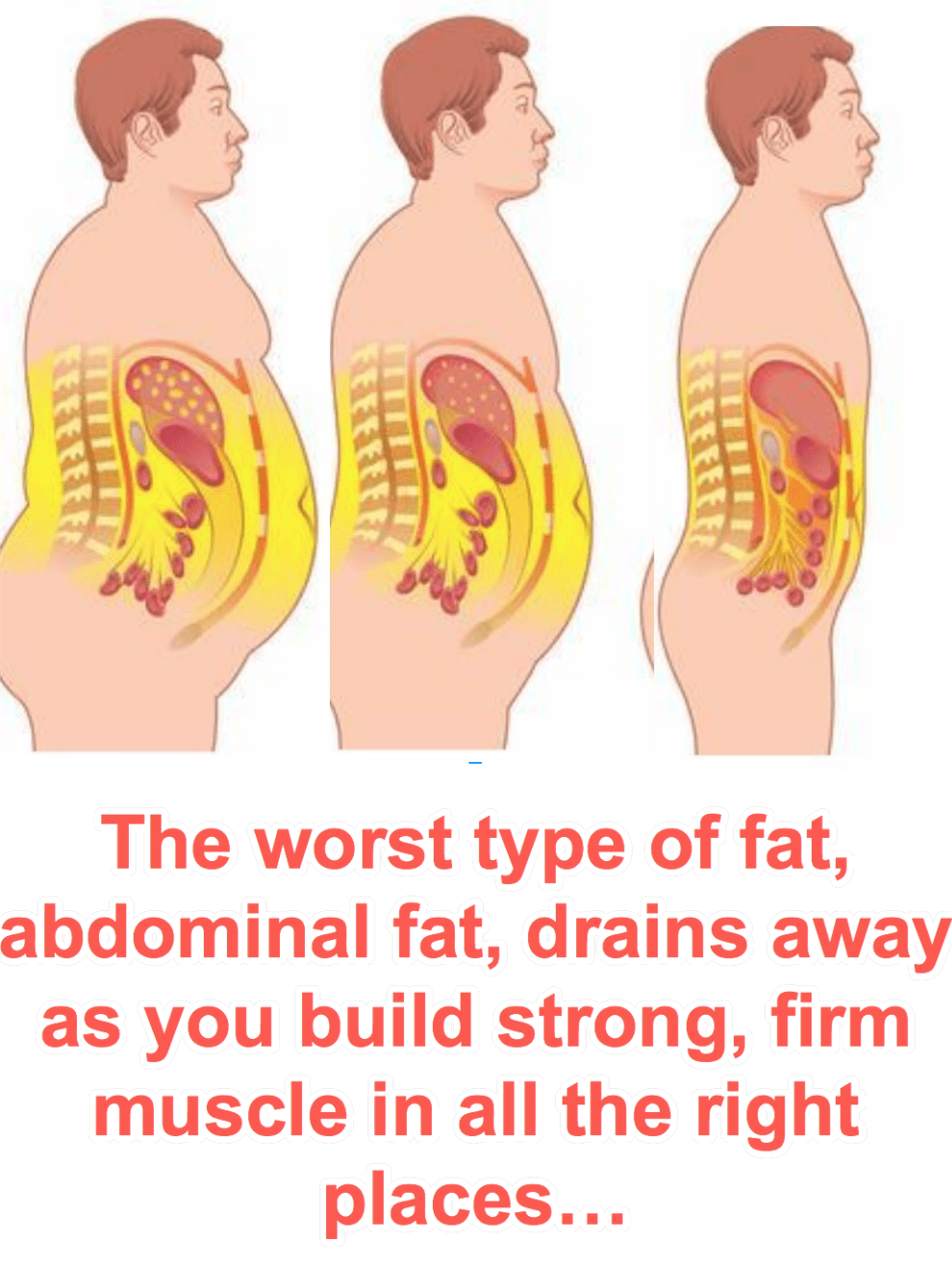
[cmamad id=”15456″ align=”center” tabid=”display-desktop” mobid=”display-desktop” stg=””]
This one amino acid makes HUGE changes to muscle growth and it protects the growing muscle against degradation.
—–Important Message—-
When was the last time you had an erection in the morning?
If you can’t remember, or if it doesn’t happen very often, you may have penile fibrosis.
Penile fibrosis develops when the tissues of the penis do not get enough oxygen.
This problem affects about 22% of men. And if you’re over 40 or 50 years old, your chances of having penile fibrosis are even higher.
And doctors don’t know what makes this fibrosis so common.
Fortunately, if you can catch it in time it can be quite reversible.
And sometimes it can be reversed even later in the game.

This will tell you if you have the penile fibrosis or not…and how to easily reverse it if you do.
———-
Glycine: 419% muscle growth
As we age, muscle mass becomes a massive predictor of health outcomes and longevity.
New studies show that glycine can both prevent the loss of muscle and increase the synthesis of new muscle.

The study published in the Journal of Nutrition took place at Beijing University in China and Texas A&M University in the US.
The scientists used cells from piglets.
(In many ways pigs, are the best substitute for humans in scientific experiments – only apes or monkeys are comparable substitutes.)
[cmamad id=”15457″ align=”center” tabid=”display-desktop” mobid=”display-desktop” stg=””]
They cultured these cells in glycine, an amino acid.
Scientists then examined some of the important metrics of cell performance.
“Cells were cultured in the presence of glycine for measurements of cell proliferation, protein turnover, apoptosis, and antioxidative response.”
The first thing the scientists found was that glycine increased cell growth significantly.
“Glycine enhanced cell growth by 8–24% on day 2 and by 34–224% on day 4.”
It also produced a massive increase in protein synthesis – this is relevant for muscle mass.
“Glycine enhanced protein synthesis by 36–419%.”
It potently reduced the destruction of protein – unsurprising given glycine’s reputation as a protective and anti-inflammatory amino acid.
“Glycine reduced protein degradation by 7–28%.”

On the back of those results, scientists decided to do further investigation.
The pig study had been done on cells from the guts of piglets.
The new study investigated the effect of glycine on mouse muscle cells.
Cells from mouse muscles were cultured in a glycine solution.
The strength of the glycine solution was within the range found in mouse blood – biologically relevant.
The scientists then measured the effect of glycine on a number of markers of protein/muscle synthesis and destruction.
Again, the researchers found significant enhancement of cell growth in DNA replication from glycine.
“Compared with control cells – glycine enhanced cell growth by 12–15% and led to increased DNA replication by 70–80%.”
As with the previous study, glycine increased the rate of protein synthesis in muscle cells.
“Glycine exposure increased the rate of protein synthesis by 20–80%.”
It was protective against protein degradation in the muscle cells just as in the gut cells.
“Glycine exposure increased and inhibited the rate of protein degradation by 15–30% in a dose-dependent manner.”
These studies showed very impressive effects of glycine for protecting and enhancing muscle and gut cells.
“These findings indicate that glycine plays a previously unrecognized role in enhancing protein synthesis and inhibiting protein degradation in cells.”
The scientists made their initial discovery in live pigs – and it showed the real-world effects of glycine.

The scientists then wanted to examine the effects of glycine on the actual growth of piglets.
They gave the piglets various concentrations of glycine with their food.
The did not give any glycine to the control group.
“Fourteen-day-old piglets were allotted randomly into one of four treatments representing supplementation with glycine to a liquid milk replacer.”
The piglets all got the same amount of food.
The scientists found that all of the doses of glycine increased the body weight of the animals without changing their body composition.
The animals supplemented with glycine got larger – without getting fat.
“Dietary supplementation with glycine…increased daily weight gain and body weight without affecting body composition.”
Not only did animals gain more muscle mass when supplemented with glycine – but tests showed that the animals had lower markers for protein degradation.
Glycine protects existing muscle.
“Glycine reduced plasma concentrations of ammonia, urea, and glutamine, in a dose-dependent manner.”
The study concluded that glycine is necessary for maximum muscle growth in milk-fed piglets.
That would mean that it could be important for human infant nutrition.
“These novel results indicate, for the first time, that glycine is a nutritionally essential amino acid for maximal protein accretion in milk-fed piglets.”
It’s probably fair to say that glycine is beneficial for humans of all ages.
You should see a doctor about any suspected health problems.
—-Important Message—-
419% muscle growth…eye-popping, bulging pecs in men over 50…
Losing weight the WRONG way HARMS the male body…
A man loses muscle, AND his hormone levels fall…even his testicles shrink…
That muscle and testicle tissue may NEVER come back…
And you don’t just lose muscle…it’s precious organ mass, lean mass…
…heart muscle, liver, kidneys… when a man loses weight the WRONG way even his testicles and brain shrink…
But I discovered the Fat Depletion Protocol that lets a man lose fat WITHOUT losing muscle.
And best of all, men don’t just lose belly fat…they also gain nice, bulging muscles while the fat melts off.
(More good news: You can eat ice cream, drink Cokes, and eat at fast food restaurants…and STILL lose fat!)
So tomorrow morning you’ll leave her satisfied on the bed while you put on your belt as she stares at your firm stomach…and she wants to have sex again…and you’re ready to go instantly…

Yes, your waist gets smaller and firmer, and your chest and thigh muscles become better defined. Some older guys even discover that they do have ab muscles, even a six-pack.
—————


When was the last time you had an erection in the morning?